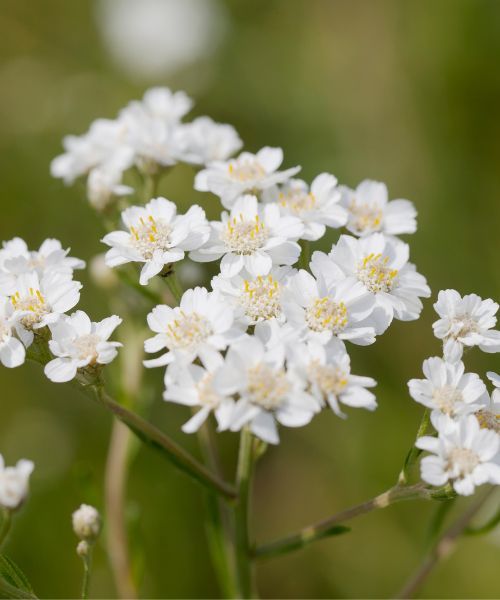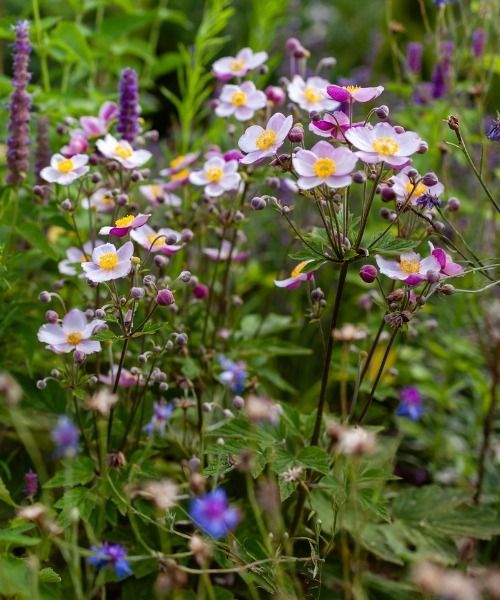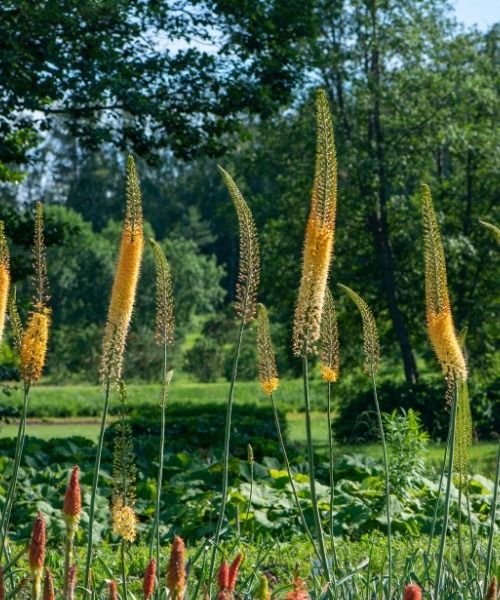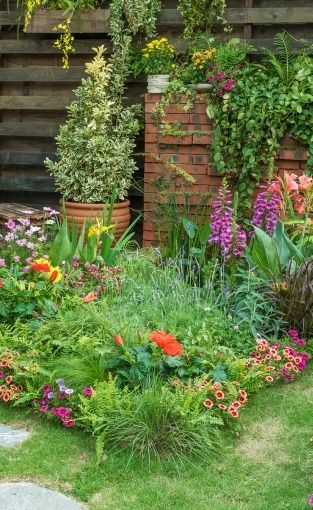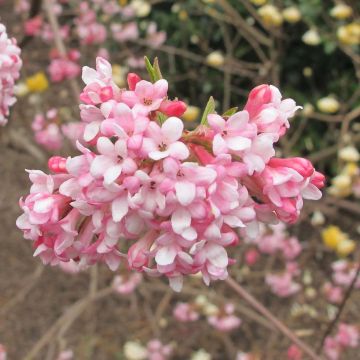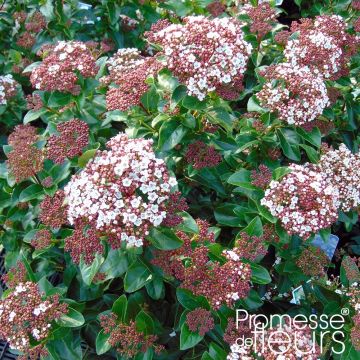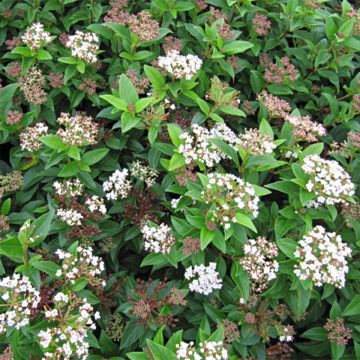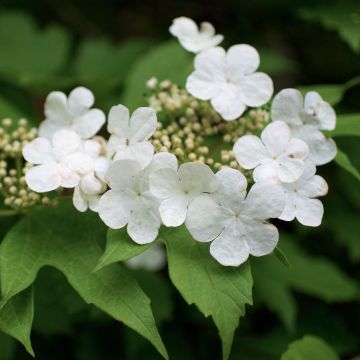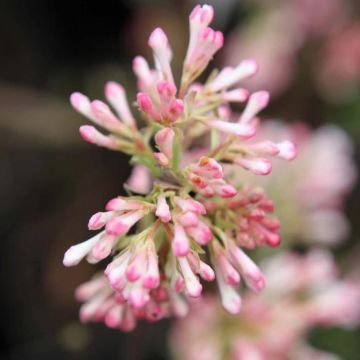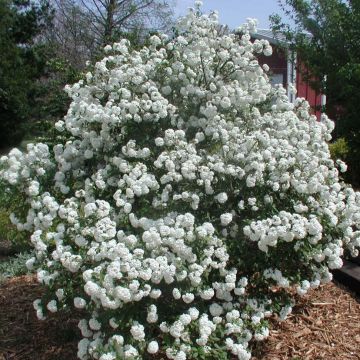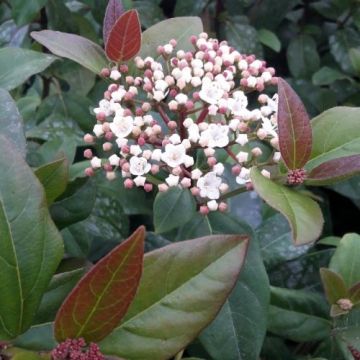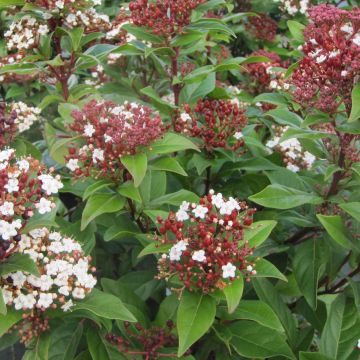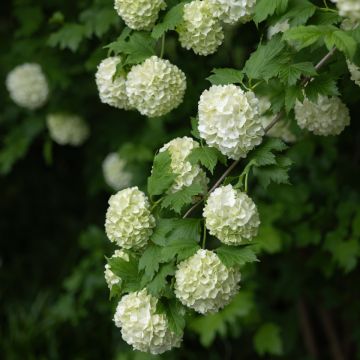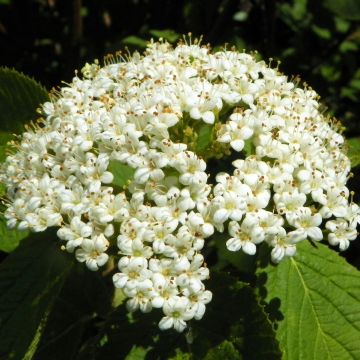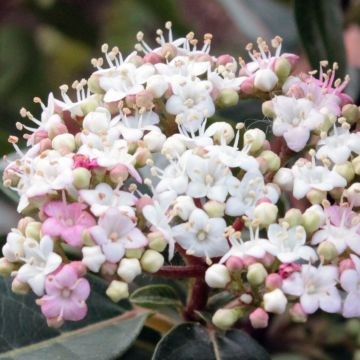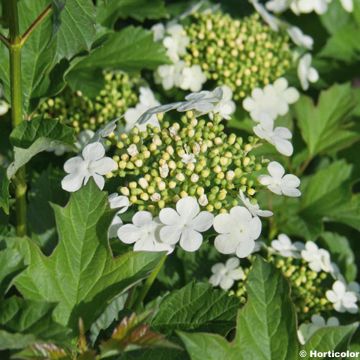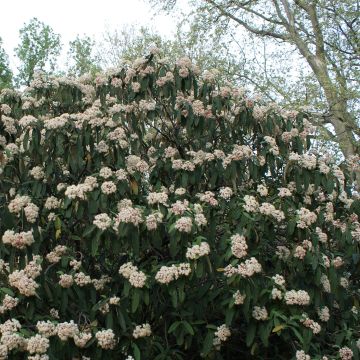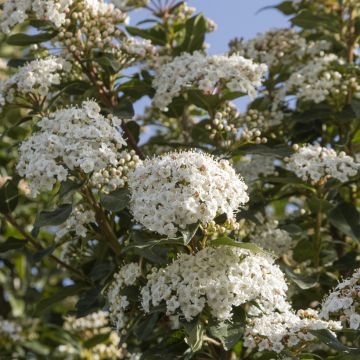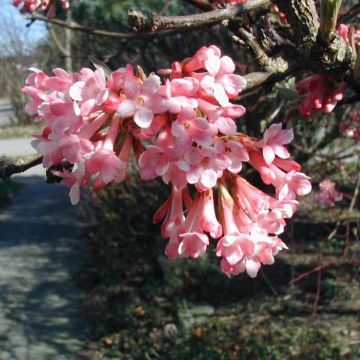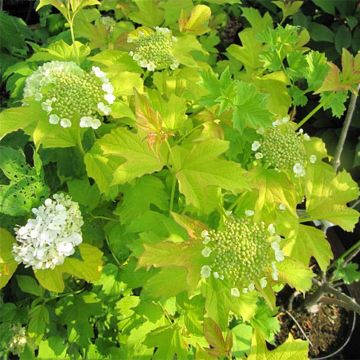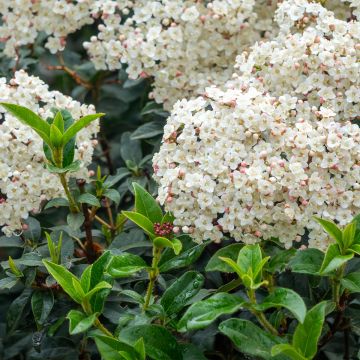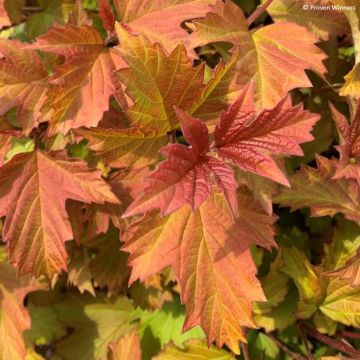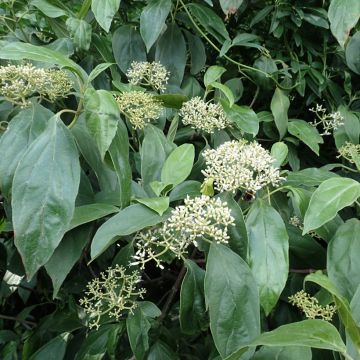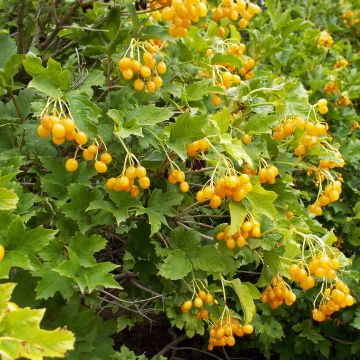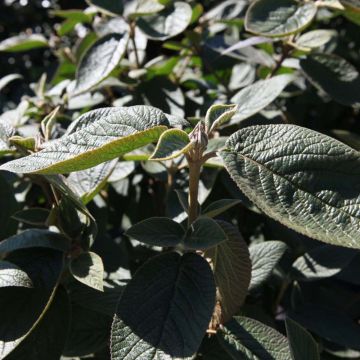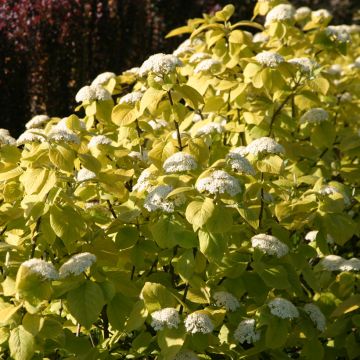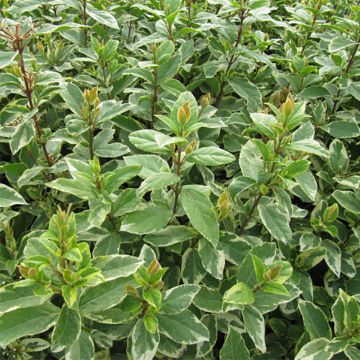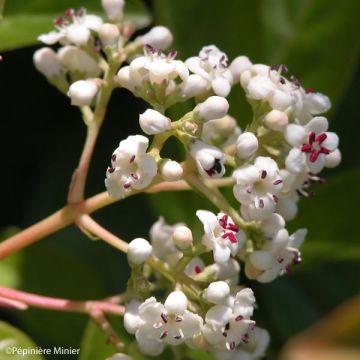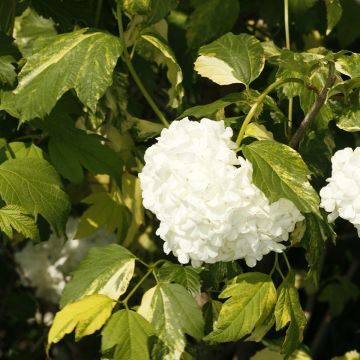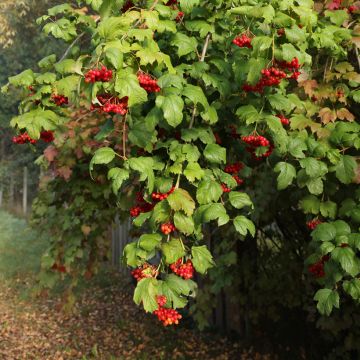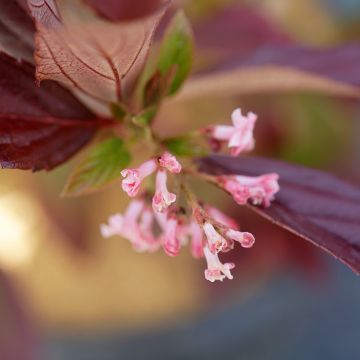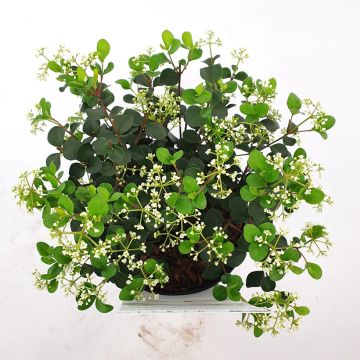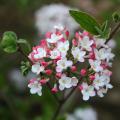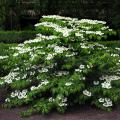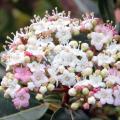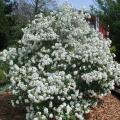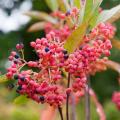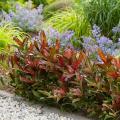Hedge Viburnum
Does this plant fit my garden? Set up your Plantfit profile →
Available in 3 sizes
Available in 2 sizes
Available in 2 sizes
Available in 3 sizes
Available in 2 sizes
Available in 1 sizes
Available in 1 sizes
Available in 2 sizes
Available in 4 sizes
Available in 4 sizes
Available in 3 sizes
Available in 3 sizes
Available in 1 sizes
Available in 3 sizes
Available in 1 sizes
Available in 1 sizes
Available in 1 sizes
Available in 1 sizes
Available in 1 sizes
Available in 1 sizes
Available in 1 sizes
Available in 1 sizes
Available in 1 sizes
Available in 2 sizes
Available in 1 sizes
Available in 1 sizes
Available in 1 sizes
Available in 1 sizes
Our selection of Viburnum bushes to plant in a mixed hedge. These are deciduous or evergreen, robust and easy to grow shrubs, reaching heights between 2 and 4m (7 and 13ft). In a field hedge, one can opt for the Guelder Rose (Viburnum opulus) and its different forms, as well as for the Wayfaring Tree (Viburnum lantana). Their usually white and spring flowering is a delight for pollinating insects. Their autumn foliage takes on flamboyant hues before falling, and they offer decorative fruiting that pleases birds. Also discover Viburnum 'Le Bois Marquis' whose semi-evergreen foliage turns a lovely bright pink in autumn! For fragrance, consider Viburnum x bodnantense and its varieties such as 'Dawn' or 'Charles Lamont'. These deciduous shrubs have pleasant-smelling pink to white flowers, perfect for animating a mixed hedge during winter. In a mixed or evergreen hedge, one can welcome the Laurustinus and its varieties (Viburnum tinus), which are very undemanding and appreciated for their autumn or winter flowering. Also very vigorous is the Leatherleaf Viburnum, a large Chinese bush called Leatherleaf Viburnum, with rapid growth, covered in cream-white flowers in large flat bunches in spring, and then pretty red berries turning black when ripe. With their dense foliage and bushy habit, these varieties allow for the creation of beautiful screens of greenery and flowers, even in winter. There are many other Viburnum varieties that make excellent hedge bushes. Discover them on these pages.
Haven't found what you were looking for?

































